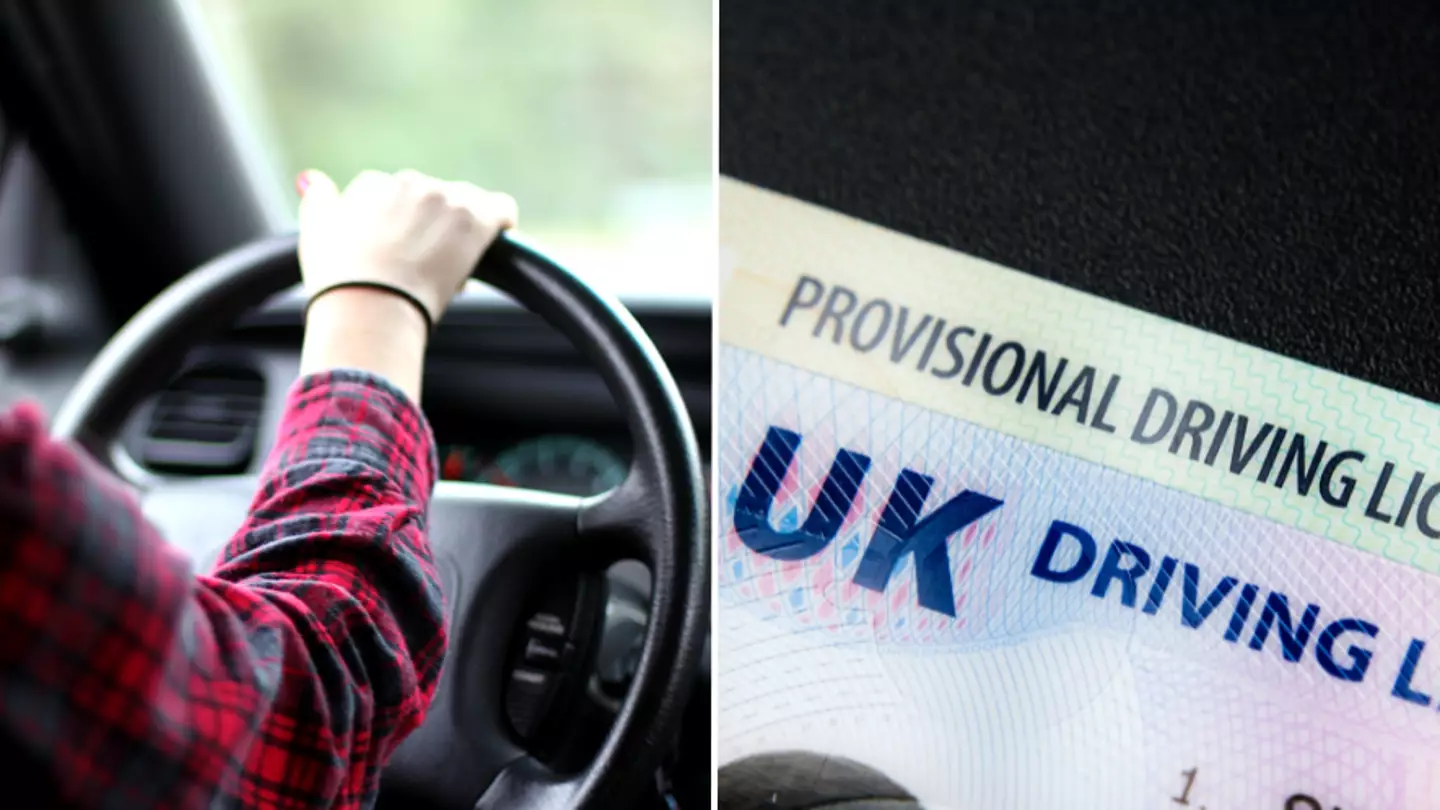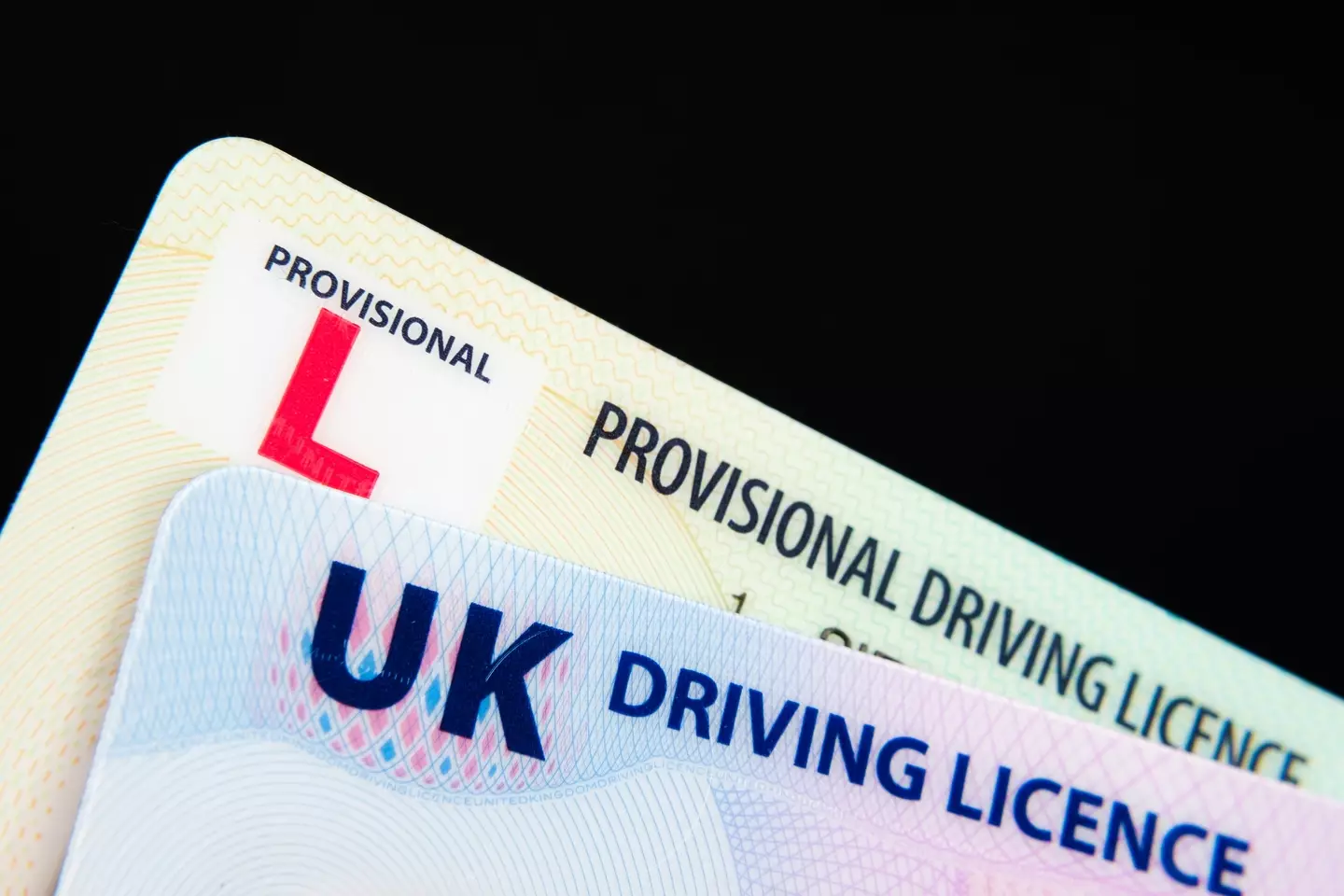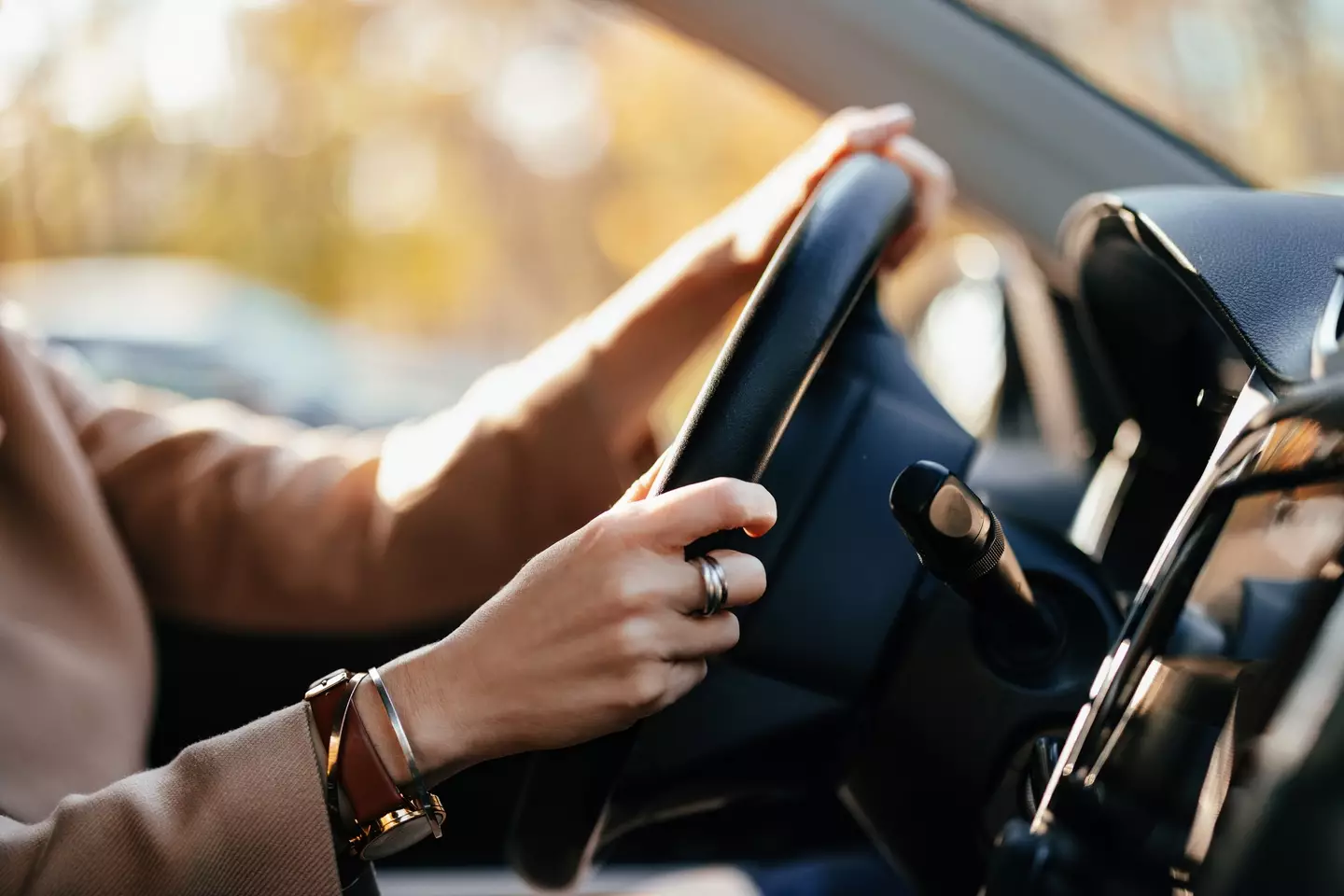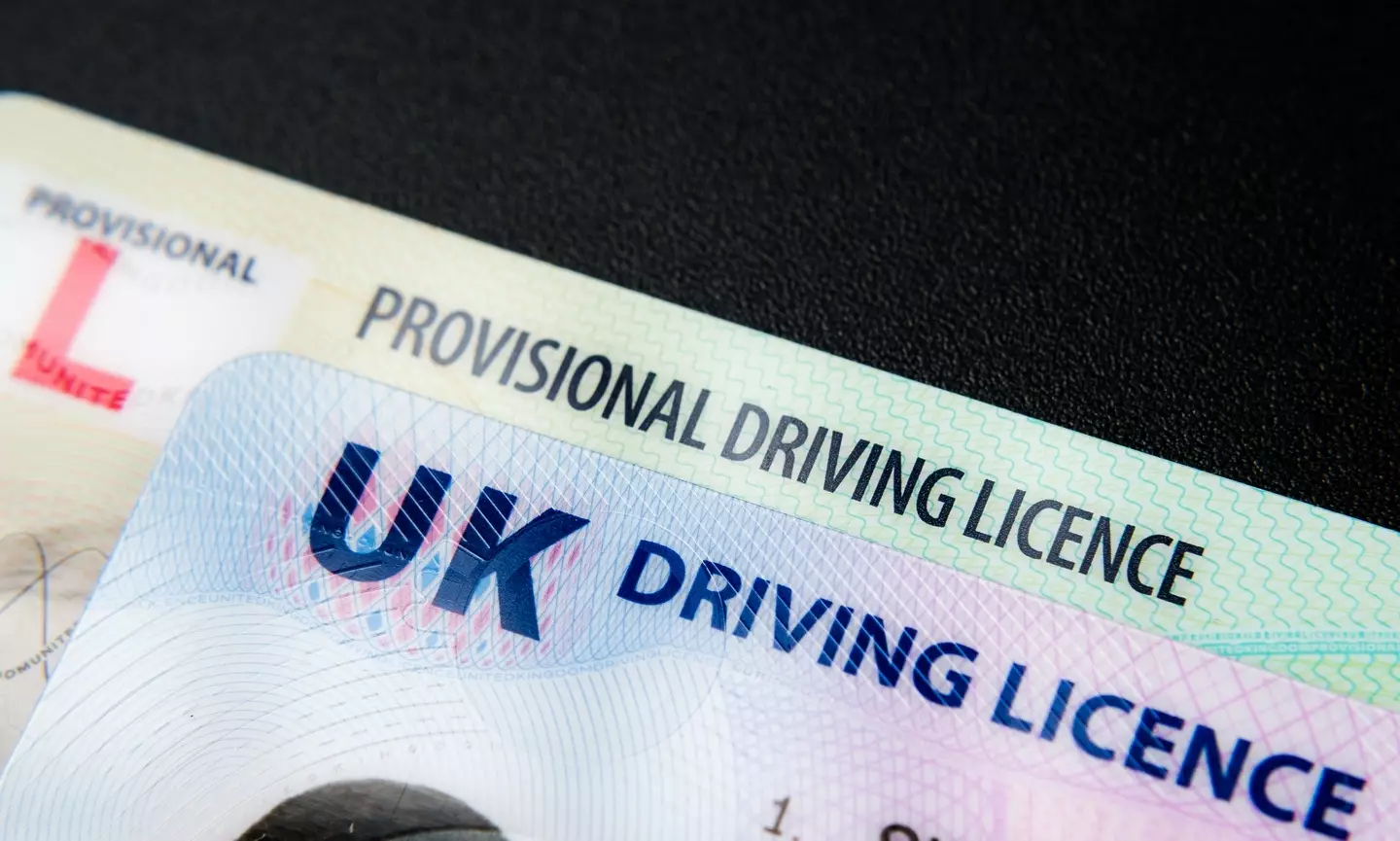
If you're a Brit and you own a car - listen up.
Thousands of motorists could risk losing their driving licences now that the Driver and Vehicle Licensing Agency (DVLA) has introduced a new change.
The DVLA has just rolled out several updates to its 'assessing fitness to drive' guidelines which could potentially affect UK drivers with certain medical conditions.

Advert
The official Gov.uk site explains that you must tell DVLA if you have a driving licence and; you develop a 'notifiable' medical condition or disability or if a condition or disability has got worse since you got your licence.
DVLA adds that 'notifiable conditions' are anything that could affect your ability to drive safely.
They can include; diabetes or taking insulin, syncope (fainting), heart conditions (including atrial fibrillation and pacemakers), sleep apnoea, epilepsy, strokes and glaucoma.
Drivers could be fined up to a pretty steep £1,000 if you fail to tell DVLA about a condition that 'might affect your ability to drive safely'.
"You could also be prosecuted if you have an accident," Gov.uk adds.
After you tell the DVLA, you’ll get a decision by letter.

Your application may need further information from a healthcare professional, depending on your condition.
The DVLA might contact your doctor or consultant, arrange for you to be examined or ask you to take a driving assessment, or an eyesight or driving test.
While your application may take longer than usual if it needs to be referred to a doctor (unless you’re applying for a bus or lorry licence), you can usually keep driving while DVLA are considering your application.
Once you've alerted DVLA about your 'notifiable' medical condition, they will assess your medical condition or disability and decide one of four things:
- You need to get a new driving licence
- You can have a shorter licence - for one, two, three or five years
- You need to adapt your car by fitting special controls
- You must stop driving and give up your licence

As of last month, all new cars made in Europe are required to be fitted with speed limiters, which are designed to limit the vehicle’s top speed.
All new cars sold in the UK must follow the new regulations as, even following Brexit, the UK has retained most EU laws for new vehicles.
AutoTrader explains that a speed limiter is a safety device that can be fitted in your car so that it doesn’t go over a certain speed.
The technology, which is called Intelligent Speed Assistant (ISA) uses GPS data and/or traffic-sign-recognition cameras to 'determine the maximum speed allowed in an area'.
"The system then limits the engine’s power and the vehicle’s speed to that limit," AutoTrader says, adding: "The speed limiter will send haptic, audio, and visual warnings until you start driving within the speed limits.
"You can override the system by pressing hard on the accelerator, but the system will reactivate every time the car is started."